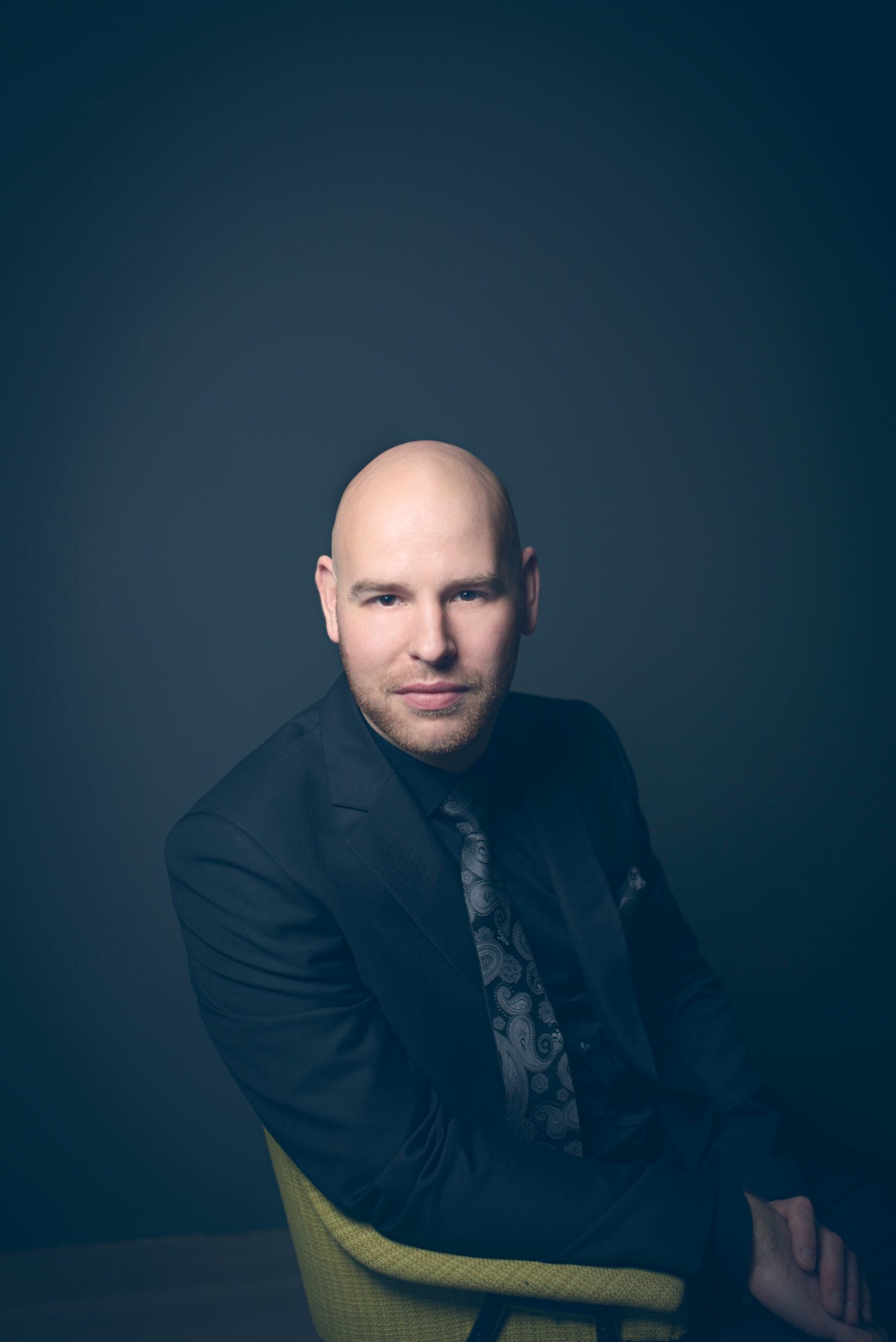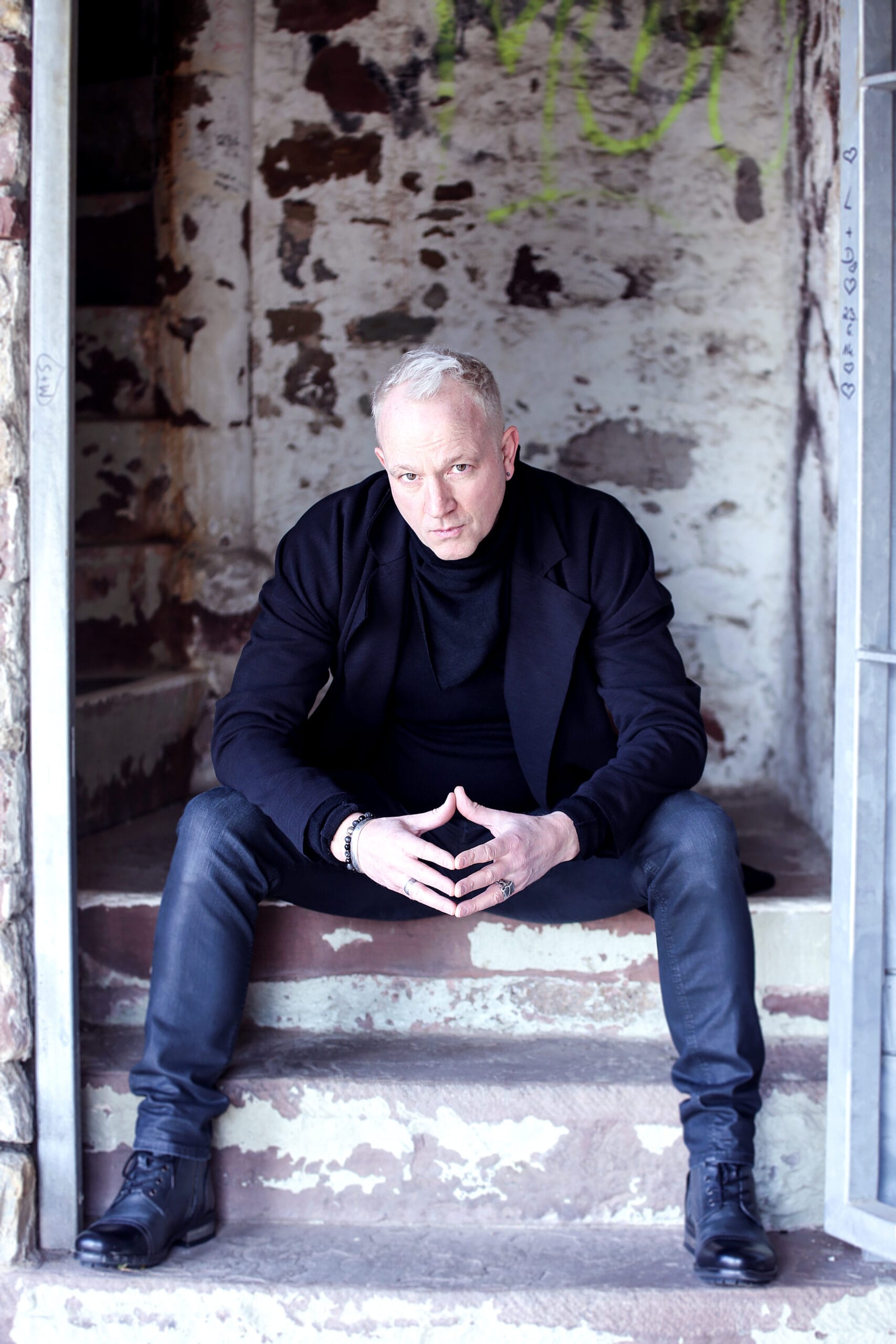Icons Rediscovered: Wagner's Grand Festival from the Royal Albert Hall
A ‘grand opera spectacle’!

Icons Rediscovered: Wagner’s Gand Festival Rachel Nichos (soprano); Peter Wedd(tenor); Derek Welton (bass-baritone); Royal Philharmonic Orchestra / Vasily Petrenko (conductor). Royal Albert Hall, London13.03.2024
Huldigungsmarsch
Die Meistersinger von Nürnberg: Prelude to Act I; Was duftet doch der Flieder
Das Rheingold: Abendlich strahlt der Sonne Auge
Die Walküre: Walkürenrittt; Wotan’s Farewell and Magic Fire Music
Götterdämmerung: Prologue; Dawn, Duet & Siegfried’s Rhine Journey. Brünnhilde's Immolation
It always feels a bit odd traveling to the Royal Albert Hall out of term-time (Proms): a very different experience, what with all those stalls seats and all. There was reason enough for the trip though.
The concert was an echo of a ‘grand opera spectacle’ that Wagner himself brought to the Royal Albert Hall in 1877, bringing some Bayreuth soloists in tow. Lasting from May 7 through to 29, the sequence of concerts found conducting duties shared between Wagner and Hans Richter.
This homage to those spectacles began with a rarity: the Huldigungsmarsch (modern listeners if they know it at all may know it from Neeme Järvi's Chandos recording with the Royal Scottish National Orchestra). The piece was written in 1864 as a tribute to King Ludwig II of Bavaria (who had been so financially generous to the composer, including rescuing the Bayreuth project). The title indeed means ‘Homage March,’ and the piece is bisected in two, the opening full of aching phrases and the faster section rather light, and certainly ripe for brass band transcription (indeed, its original scoring was for military band). All credit to the RPO for their beautiful phrasing, the creamy lower brass contributions and the precise playing. It was Petrenko whose interpretation allowed the piece to be heard in the best light, though, encouraging detail and allowing the piece’s natural variegation to shine through.
Here's that RSNO/Järvi account:
It was logical enough to start with a piece of Wagneriana. And the second half was all-Götterdämmerung, so that's fair enough. The first half was a patchwork quilt, though, one in which pieces zigzagged from one era of Wagner’s writing to another. So after the march came Meitersinger (1868) then back to Rheingold (1854) and on to Walküre (1856). Moving from Meistersinger to Rheingold does the latter few favours, frankly.
Still, Meistersinger act 1 Prelude sort of mirrors the Huldigungsmarsch in its brightness, and Petrenko offered a brisk, no-nonsense account (his tempos were generally on the fast side throughout the evening). It was the woodwind solos that enlivened the performance, a lovely-toned clarinet in particular (Katherine Lacy). There was some inevitable lack of definition thanks to the RAH’s aircraft hangar-like acoustic, and what Petrenko’s account really needed was a thread of tension from first to last. Instead, there was the odd sag. Obviously, we had the concert ending before the Flieder-Monolog. The soloist here as Sachs was Derek Welton, who went on to sing Wotan in the Rheingold and Walküre excerpts. Cards on the table: it was Welton who had got me on the District Line to South Kensington in the first place as I heard him as Wotan Rheingold in an historically Informed Performance (you read that right: A= 435 Hz, string portamento, ‘authentic’ delivery of text) of Rheingold in Dresden last year. He will sing Wotan Walküre in May in Dresden again under Nagano; here we had some bleeding chunks, preceded by that superb ‘Flieder-Monolog,’ characterised by superb diction but again featuring a Petrenko-led sag. Welton’s voice is that of a bass on first encounter, so rounded and full is his lower range, but his upper, baritone register is full and powerful, too.
From Rheingold, ‘Abendlich strahlt,’ the singer’s pitching absolutely perfect (what a shame the string tremolos did not carry more weight). From Walküre, via a brisk “Ride of the Valkyries” that was nevertheless full of detail. the Farewell, truly impassioned from Welton. The odd scrappiness in the strings hardly distracted as Welton offered a performance that moved from the purest tenderness to a commanding evocation of Loge. It has been a while since I have heard this final passage from the first part of the Ring quite so fast, though; Petrenko might have had a way to go home, too.
And so to Götterdämmerung and a chance for Rachel Nicholls and Peter Wedd to shine. And shine Peter Wedd did, in his assumption of Siegfried in the duet (from Brünnhilde’s ‘Zu neuen Taten’ through to the famous ‘Heil’s) and thence to Siegfried’s death, all preceded by the orchestra’s opening Prologue, the RPO horns exuding a creaminess of which the Czech Philharmonic would have been proud. Wedd has strength galore, and he obviously knows and lives - and loves - every note of this part (he has just finished a run singing Siegnund Walküre at La Monnaie over the first two months of this year, incidentally). There is no doubt Rachel Nicholls has the range for this – a firmer lower end than many a more famous Brünnhilde - but her voice does not open out enough when required. More worrying was her wide vibrato, verging on the unsteady. One thing she does have, though, is a top C (and so does Wedd), ensuring the section was crowned with appropriate volume.

Petrenko’s way with the orchestra was a little finer than in the first half; the Funeral Music did have some suspense running through it. A pity, then, when it came to the Immolation, that ‘Trog keiner wie er’ carried so little weight, decidedly perfunctory from Petrenko. Nicholls’ finest moments came around ‘fliegt heim, ihr Raben’, and her performance gained in gravitas from that moment.
A fascinating evening, then. It is a long way from the Huldigungsmarsch to Brünnhilde’s Immolation, and all credit to the RPO for giving their all throughout.
You can buy the Järvi Huldigungsmarsch here.
